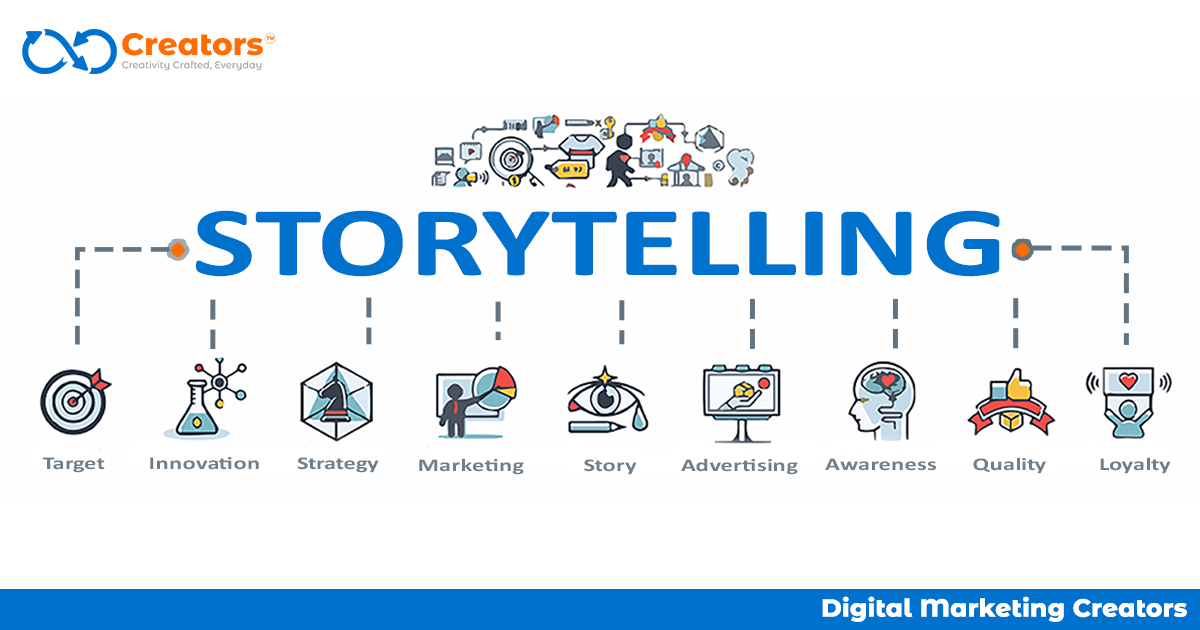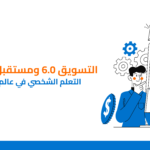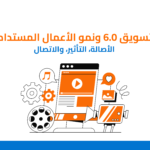Leveraging Data for Powerful Storytelling in Marketing
In the digital age, data-driven storytelling has emerged as a pivotal strategy in marketing. By blending hard data with compelling narrative, brands can create stories that not only inform but also emotionally resonate with their audience. This approach marks a shift from traditional marketing techniques, harnessing the power of data to tell stories that are both authentic and persuasive.
The Science and Art of Storytelling with Data:
Data-driven storytelling is where science meets art. It involves analyzing consumer data to uncover insights about behaviors and preferences and then weaving these insights into narratives. For example, Airbnb uses data from its vast listings and customer reviews to share unique travel stories and experiences that engage and inspire its audience.
Success Stories of Data-Driven Campaigns:
– Spotify’s “Wrapped” Campaign: Spotify utilizes user data to create personalized year-end summaries for its users, showcasing their most listened-to songs and artists. This personalization makes users feel seen and appreciated, leading to widespread sharing on social media.
– Nike’s Data-Driven Product Development: Nike analyzes data from its running app to understand popular routes and terrain types. This information has been used to design shoes tailored to these specific conditions, demonstrating how data informs product development and marketing narratives.
Strategies for Crafting Data-Driven Stories:
– Understand Your Audience: Use data analytics to gain insights into your audience’s preferences and behaviors.
– Find the Story in the Data: Look for trends and patterns that can be transformed into a narrative. This might be customer journey data, buying habits, or seasonal trends.
– Use Visuals to Enhance the Narrative: Data visualizations can make complex data more understandable and engaging.
Challenges and Ethical Considerations:
Navigating the challenges of data-driven storytelling involves ensuring data accuracy, respecting consumer privacy, and avoiding misinterpretation. Ethically sourcing and utilizing data is paramount. Transparency with audiences about data use can enhance trust and brand integrity.
Tools and Technologies for Data-Driven Storytelling:
Leverage tools like Google Analytics for data gathering, Tableau for data visualization, and CRM systems for personalized content creation. These tools help in extracting meaningful stories from raw data.
Measuring the Impact of Your Stories:
Evaluate the success of your data-driven stories by tracking engagement metrics, conversion rates, and feedback. For instance, the impact of Netflix’s personalized recommendations is evident in its low churn rate and high customer loyalty.
The Future of Data-Driven Storytelling in Marketing:
The future promises more sophisticated AI tools for predictive analytics and personalized storytelling. Brands will increasingly use data not just to tell stories of the past but to predict and shape future consumer trends.
Data-driven storytelling represents a powerful convergence of analytics and creativity in marketing. It’s not just about presenting data; it’s about telling a story that connects with your audience on a deeper level.
Embark on your journey of data-driven storytelling with Digital Marketing Creators. We specialize in uncovering the hidden narratives within your data, crafting stories that not only resonate with your audience but also drive measurable results.
Contact us to transform your data into powerful marketing stories.






